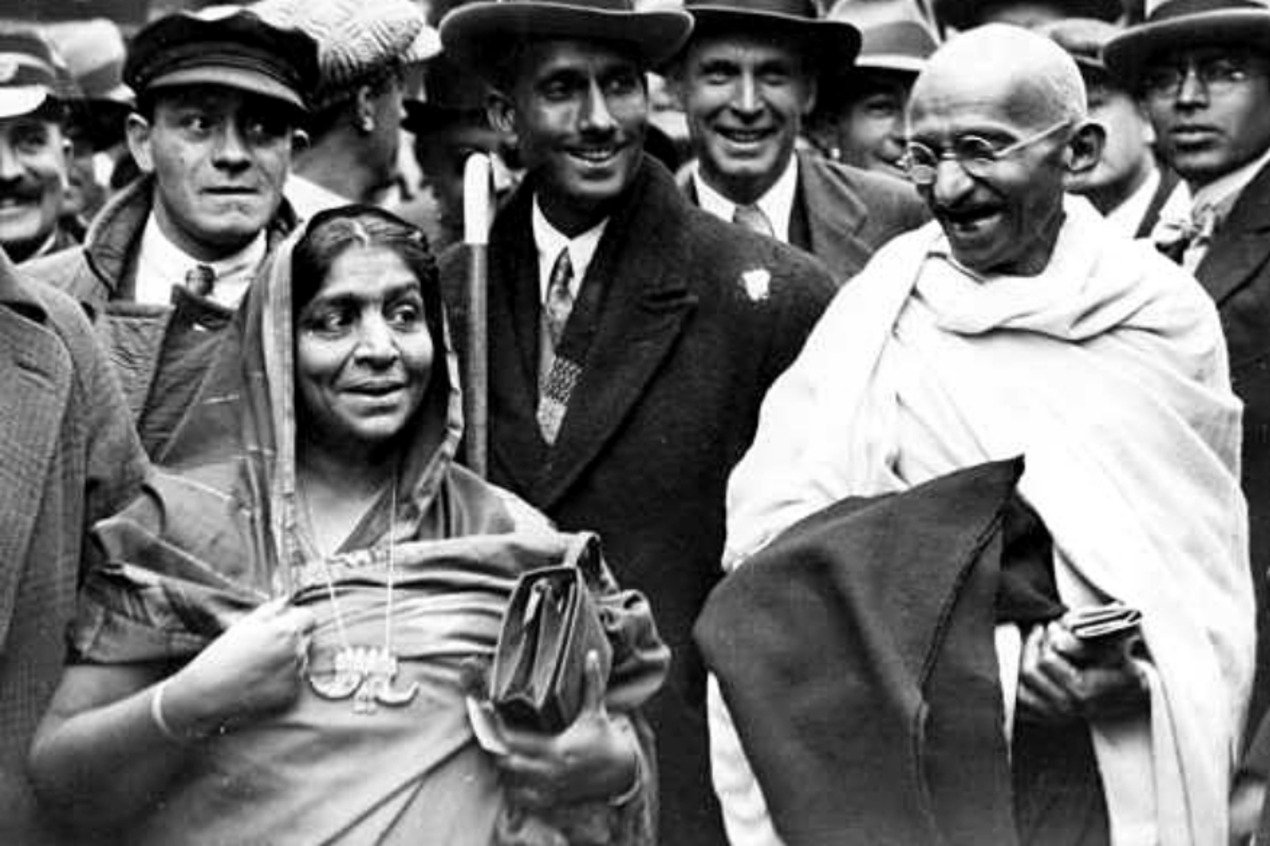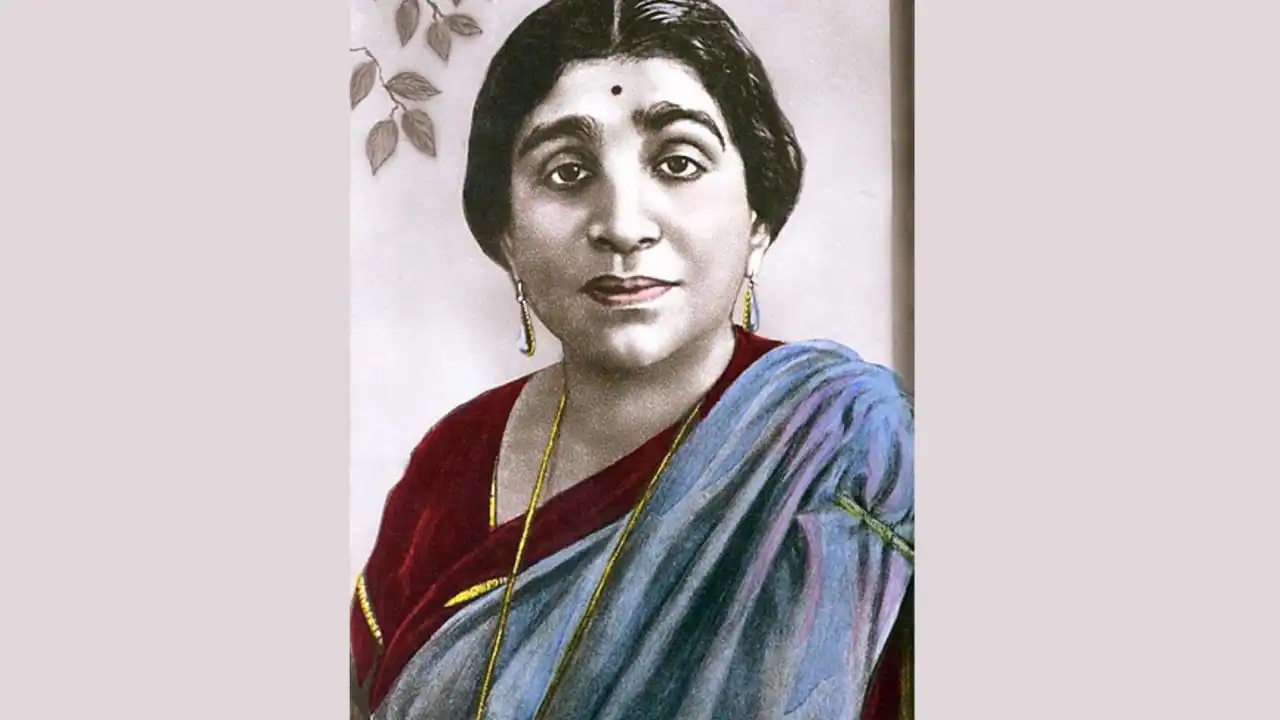National Women’s Day is an important occasion in India, celebrated annually on February 13 to honor the contributions and achievements of women across various fields. The day also marks the birth anniversary of Sarojini Naidu, a celebrated poet, freedom fighter, and social activist. Recognized as the Nightingale of India, Sarojini Naidu played a crucial role in India’s struggle for independence and championed the cause of women’s empowerment. This article explores the significance of National Women’s Day, Sarojini Naidu’s contributions, and why her legacy continues to inspire generations.
Why National Women’s Day is Celebrated in India
While International Women’s Day is celebrated worldwide on March 8, India observes National Women’s Day on February 13 to pay tribute to Sarojini Naidu and her unparalleled contributions to the nation. The day is dedicated to acknowledging the strength, resilience, and achievements of Indian women in various domains, including politics, literature, education, and social reforms.
Recognizing Women’s Contributions
The celebration of National Women’s Day highlights the historical and present-day achievements of Indian women, showcasing their role in shaping the nation’s progress. From freedom fighters to scientists, artists to entrepreneurs, women have made significant contributions to India’s development, breaking barriers and setting new benchmarks.

Empowerment and Equality
This day also serves as a reminder of the ongoing struggle for gender equality, women’s rights, and empowerment. While substantial progress has been made, many challenges still persist. National Women’s Day fosters discussions and initiatives to address issues like gender discrimination, education for girls, equal pay, and safety for women.
Sarojini Naidu: The Nightingale of India
Sarojini Naidu, born on February 13, 1879, in Hyderabad, was a poet, politician, and a key figure in India’s independence movement. She was one of the most influential voices advocating for women’s rights and played a pivotal role in shaping India’s socio-political landscape.
Early Life and Education
Sarojini Naidu displayed exceptional intelligence and literary talent from a young age. She excelled in academics and became proficient in multiple languages, including English, Urdu, Telugu, and Bengali. Her poetic brilliance earned her the title “Nightingale of India,” as her verses beautifully expressed themes of love, nature, patriotism, and human emotions.
At just 16 years old, she went to London to study at King’s College and later at Girton College, Cambridge. There, she was exposed to progressive ideas that shaped her views on freedom, justice, and gender equality.
Contributions of Sarojini Naidu
1. Role in the Indian Freedom Movement
Sarojini Naidu was deeply influenced by Mahatma Gandhi and actively participated in the freedom struggle. Some of her notable contributions include:
- Participation in Civil Disobedience and Quit India Movements: She was a key leader in Gandhi’s Non-Cooperation Movement (1920) and Civil Disobedience Movement (1930), mobilizing people across the country to resist British rule.
- First Woman to Become President of the Indian National Congress: In 1925, she became the first Indian woman to preside over the Indian National Congress, a significant achievement in a male-dominated political sphere.
- Leading the Dandi March (Salt Satyagraha): In 1930, she joined Mahatma Gandhi in the Dandi March, protesting against the British-imposed salt tax. Her fearless leadership led to several arrests, yet she remained undeterred.
- Advocacy for Hindu-Muslim Unity: Naidu firmly believed in communal harmony and worked towards fostering unity among diverse communities in India.

2. Champion of Women’s Rights
Sarojini Naidu was one of the strongest advocates for women’s empowerment in India. She actively participated in women’s movements and encouraged women to fight for their rights. Some of her key contributions include:
- Participation in the Women’s Suffrage Movement: Naidu was part of the International Congress of Women and raised her voice for women’s voting rights in India.
- Women’s Education and Employment: She emphasized the need for women’s education and economic independence, promoting equal opportunities in education and workspaces.
- All India Women’s Conference (AIWC): She played an integral role in establishing the AIWC, which worked towards uplifting women in various spheres of life.
- Empowering Women Through Speeches: She delivered powerful speeches worldwide, advocating for equal rights and opportunities for women, inspiring many to take part in the fight for independence and social justice.
- Women’s Political Representation: She was a strong advocate for women taking leadership roles in governance, ensuring that women’s voices were heard in policy-making.
3. First Woman Governor of Independent India
After India gained independence in 1947, Sarojini Naidu was appointed as the first woman Governor of an Indian state (United Provinces, now Uttar Pradesh). This made her the first woman to hold the position of a Governor in independent India.

4. Literary Contributions
Apart from being a political leader, Sarojini Naidu was a gifted poet. Her poetry captured the essence of India’s culture, heritage, and beauty, often infused with patriotism. Some of her famous works include:
- The Golden Threshold (1905)
- The Bird of Time (1912)
- The Broken Wing (1917)
- Feast of Youth (1918)
- The Sceptred Flute (1943)
Her writings continue to inspire generations, reflecting the rich traditions, struggles, and aspirations of Indian society. Many of her works are still widely read and referenced in literary circles.
5. Continuing the Fight for Women’s Rights
Sarojini Naidu’s contributions extended beyond the political and literary realm; she also laid the foundation for many social reforms that continue to impact Indian society today. Her vision for women’s empowerment remains relevant, with modern movements drawing inspiration from her leadership. In an era where gender equality is still a work in progress, Sarojini Naidu’s efforts serve as a guiding light, reminding us of the power of resilience and determination. She proved that women could be leaders, reformers, and pioneers, breaking the shackles of tradition to pave the way for future generations.
Sarojini Naidu’s contributions to India’s independence and women’s empowerment remain highly relevant in today’s society. Her efforts paved the way for numerous reforms that continue to shape India’s political and social landscape. As the first female President of the Indian National Congress and the first woman Governor of an Indian state, she broke gender barriers and proved that women can lead at the highest levels. Her advocacy for women’s rights resonates strongly in contemporary India, where gender equality remains a significant issue.
The challenges women face today, such as equal pay, workplace discrimination, and representation in politics, reflect the struggles that Naidu fought against during her lifetime. Her vision of an inclusive and progressive India inspires modern movements advocating for gender justice, education, and women’s leadership. In the digital age, where voices for women’s empowerment have gained momentum through social media and activism, Naidu’s legacy serves as a powerful reminder of the resilience and determination needed to achieve true equality.
Her poetry, filled with themes of patriotism, love, and human emotions, continues to inspire young minds, reminding them of the rich cultural and historical legacy of India. Schools, universities, and organizations across the country celebrate her achievements, ensuring that her contributions are never forgotten. As India continues to evolve, the lessons from Sarojini Naidu’s life remain crucial in fostering an environment where women can thrive without limitations. Her story teaches us that with courage, education, and perseverance, change is possible, and that gender should never be a barrier to achieving greatness. By remembering and honoring her legacy, India can take significant strides toward a future where opportunities are truly equal for all, making her dream of a free, empowered, and just nation a reality.
Conclusion
National Women’s Day in India is a tribute to Sarojini Naidu and an acknowledgment of the immense contributions of women in shaping the nation. Sarojini Naidu’s courage, leadership, and advocacy for women’s rights continue to inspire millions.
As India progresses, it is essential to remember that the fight for equality is ongoing. By celebrating National Women’s Day, we honor the legacy of women pioneers, encourage gender inclusivity, and pave the way for a brighter, more equitable future.
